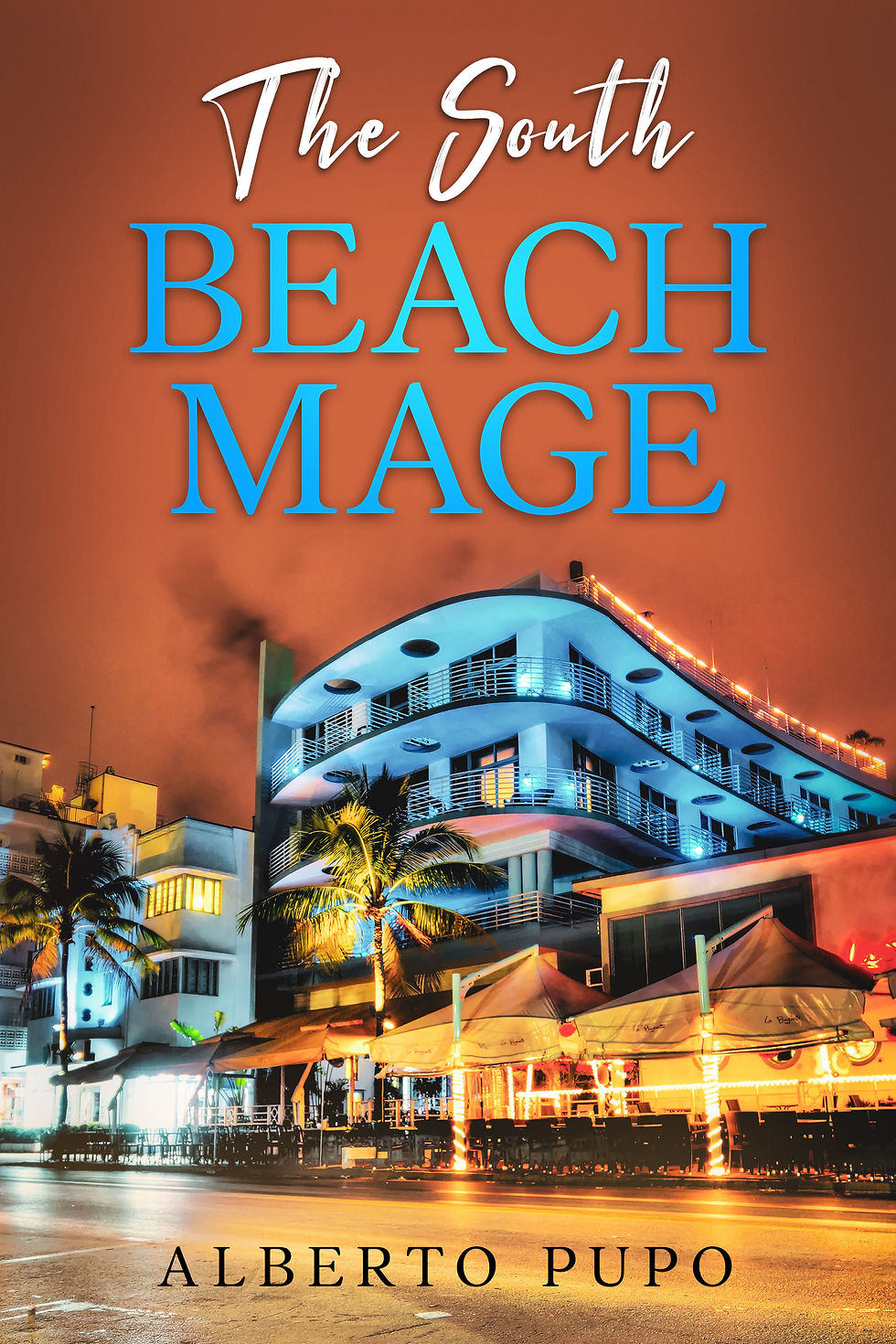A Matter of Perspective
- albertopupo
- Feb 25, 2023
- 2 min read

When it comes to writing a novel, the perspective you choose to tell your story from can have a significant impact on the reader's experience. Here are some of the most common perspectives used in novel writing:
First Person Perspective - This is when the narrator is telling the story from their own point of view, using "I" and "me" to refer to themselves. This perspective allows the reader to get inside the narrator's head and experience the story through their eyes.
Second Person Perspective - This is when the narrator addresses the reader directly, using "you" to refer to them. This perspective is not commonly used in novel writing, as it can be difficult to sustain for an entire book, but it can be a powerful way to engage the reader and make them feel like a part of the story.
Third Person Limited Perspective - This is when the narrator tells the story from the perspective of one character, but uses "he" or "she" to refer to that character. This perspective allows the reader to get inside the character's head and experience the story through their thoughts and feelings, but also allows for some distance and objectivity.
Third Person Omniscient Perspective - This is when the narrator knows everything that's happening in the story and can share the thoughts and feelings of all the characters. This perspective allows for a lot of flexibility in telling the story, but can also be overwhelming for the reader if not used carefully.
Multiple Perspectives - This is when the story is told from the perspectives of multiple characters, either through alternating chapters or sections. This perspective allows the reader to see the story from different angles and can create a more complex and nuanced narrative.
Ultimately, the perspective you choose to tell your story from will depend on the story itself and what you're trying to accomplish. Each perspective has its strengths and weaknesses, and choosing the right one can make all the difference in creating a compelling and engaging novel.





Comments